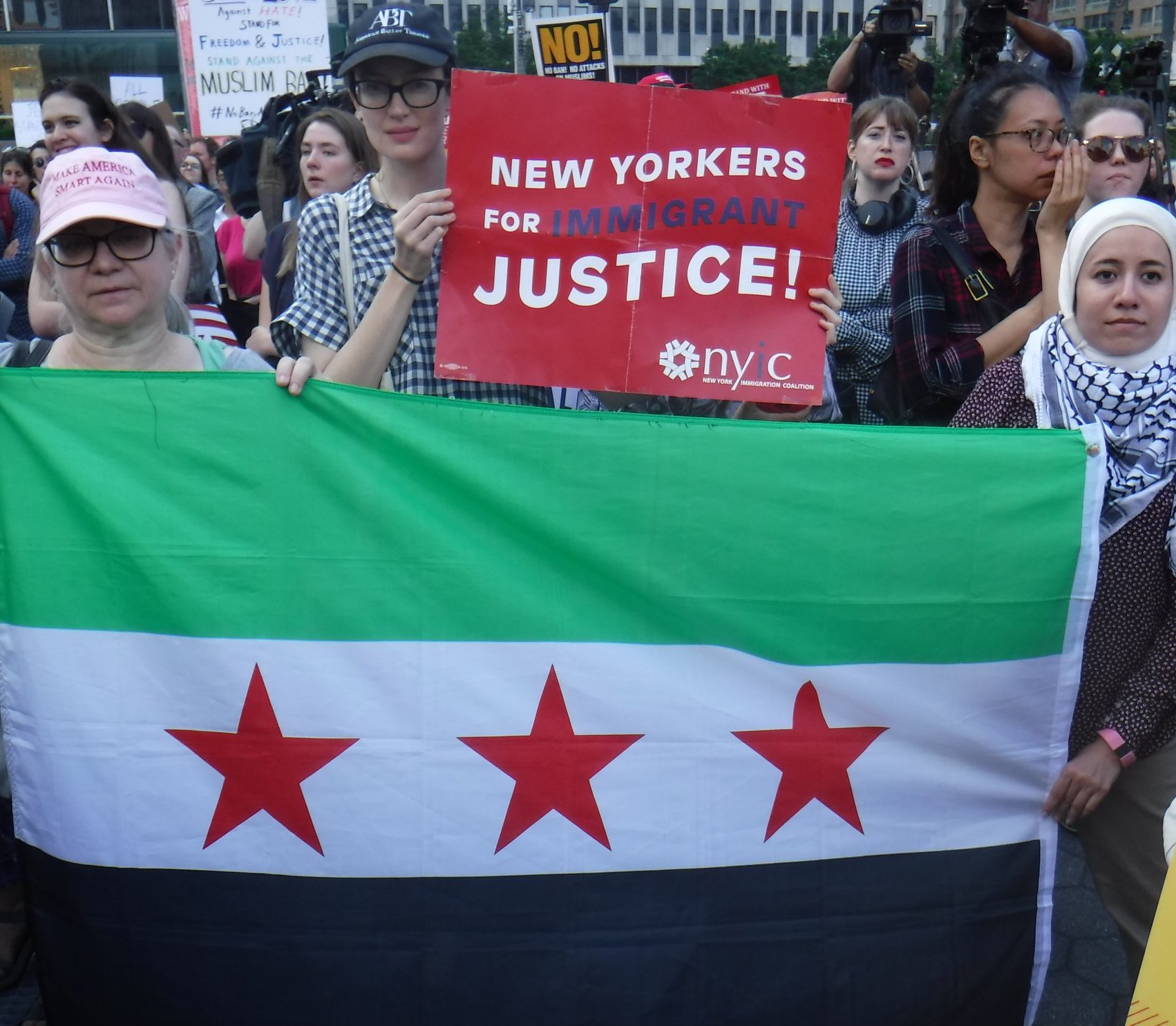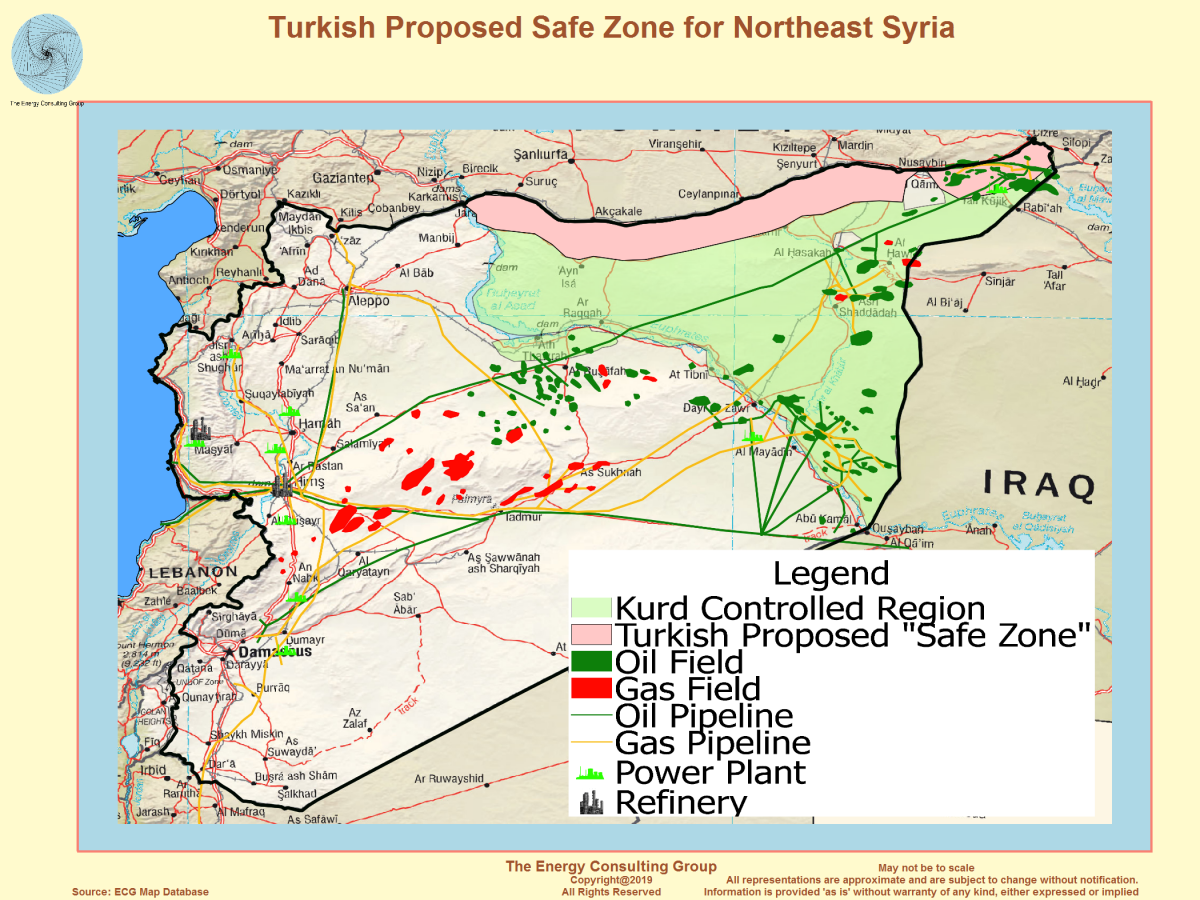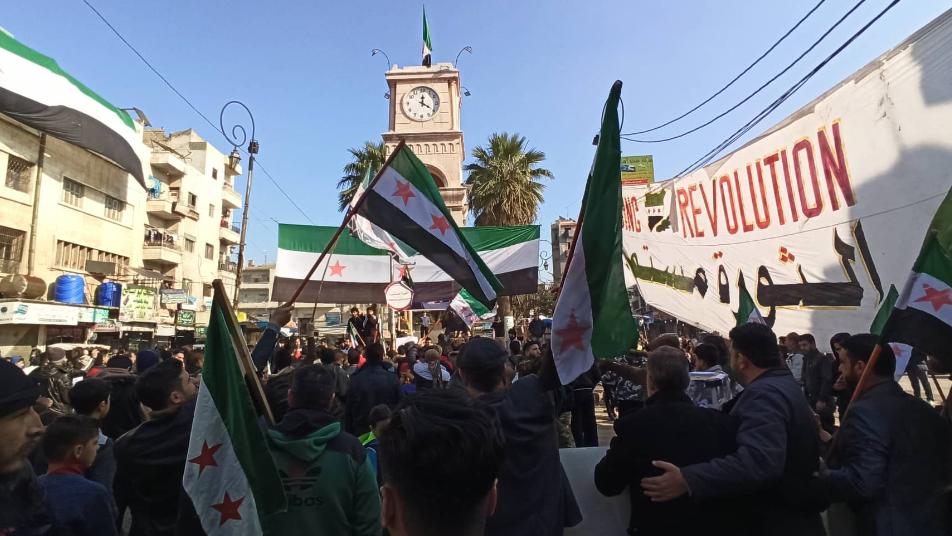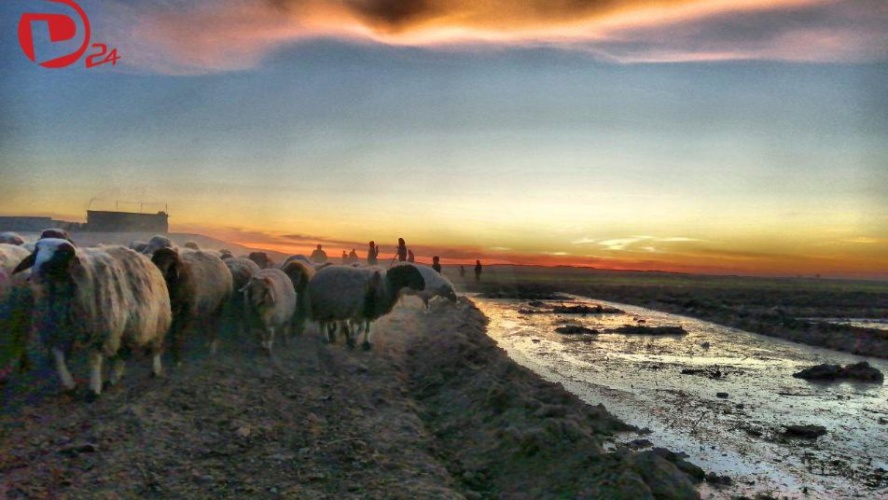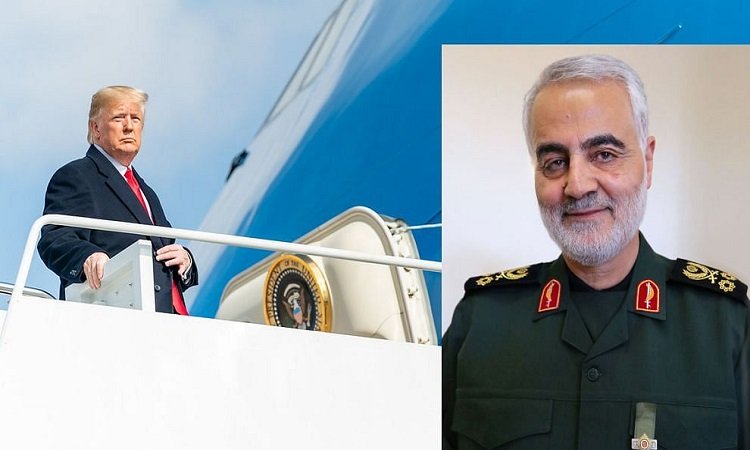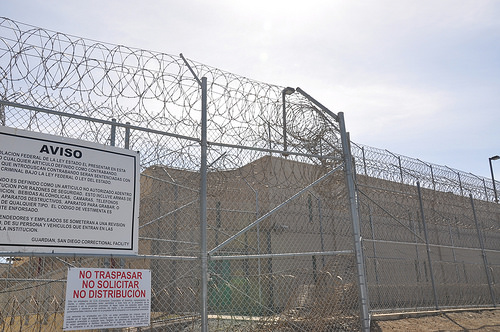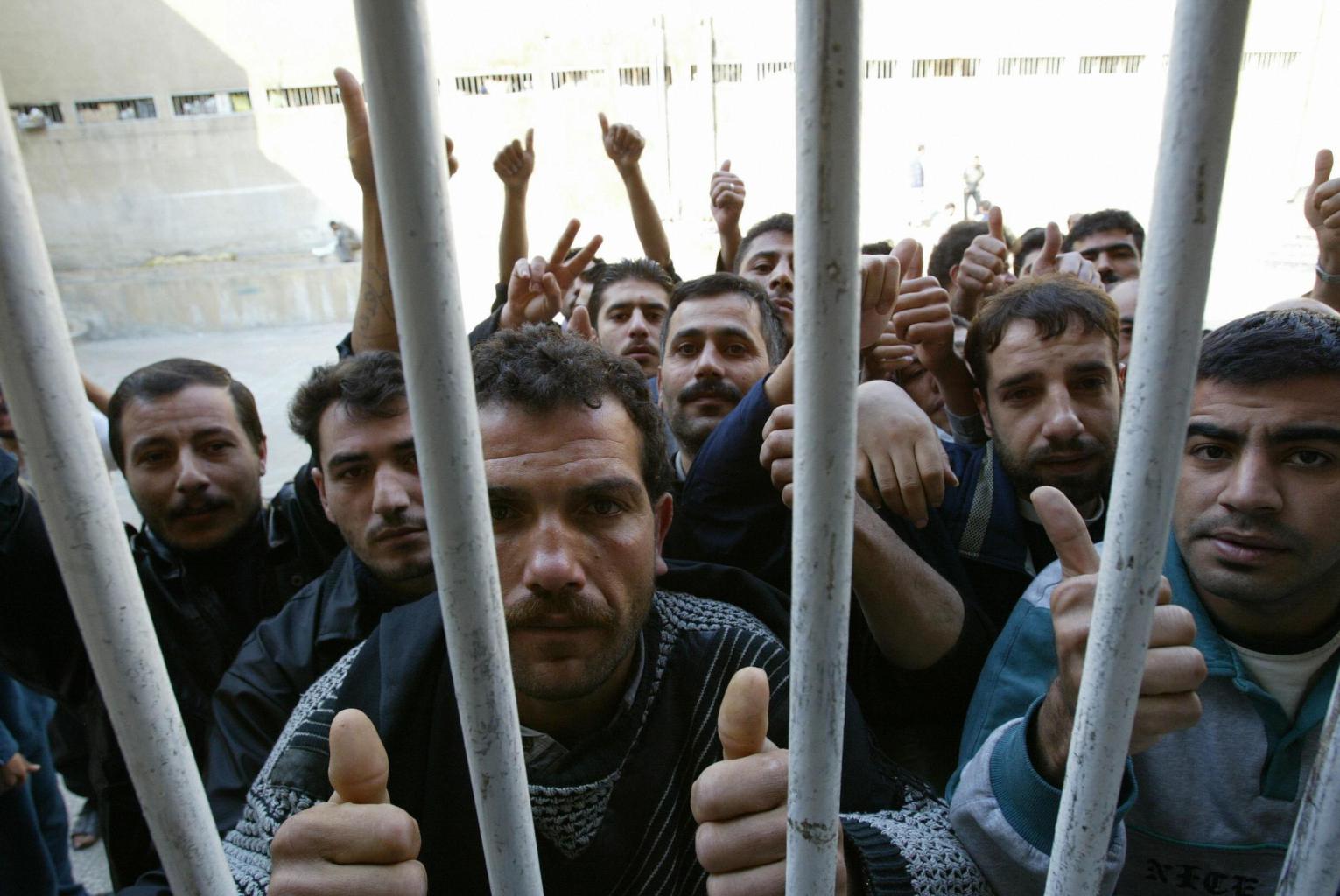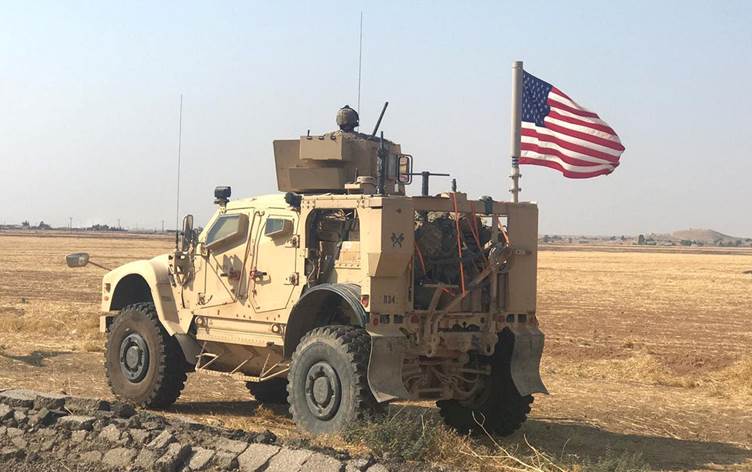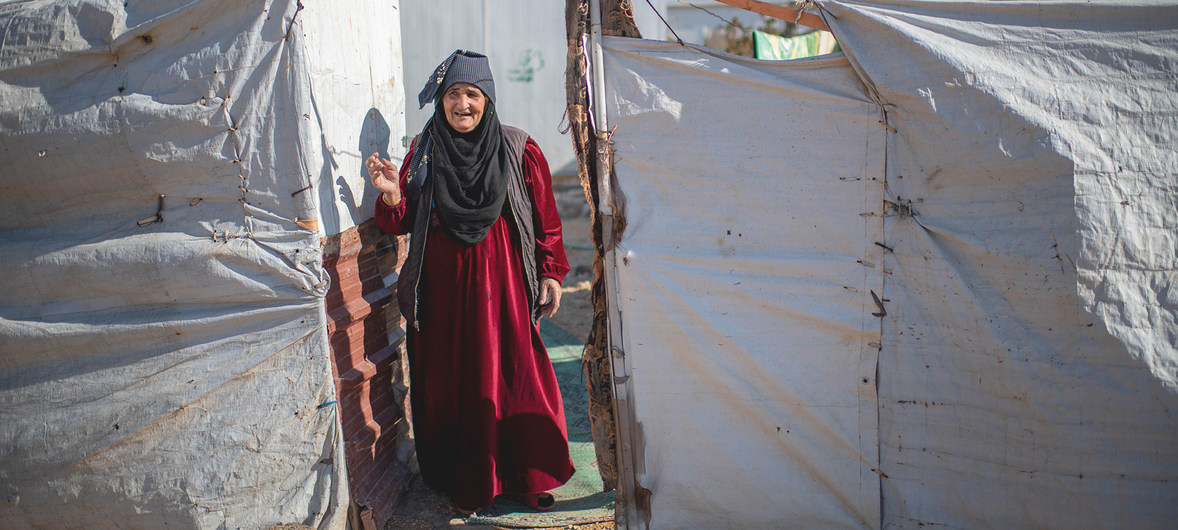
Syria: ‘humanitarian catastrophe’ in Idlib
Over half a million people are on the move in northwestern Syria’s Idlib province as Bashar Assad’s Russian-backed forces follow up their long aerial campaign with a ground offensive. The front line is closing on the provincial capital, the Turkish border is sealed to people trying to flee, and health services are collapsing. Aid agencies have issued a statement saying that Idlib is already a winter “humanitarian catastrophe,” with camps for the displaced overflowing. As rebel defenses collapse, displaced civilians are destroying their own homes before they flee to deny looters property they expect never to see again. (Photo: UNHCR)



